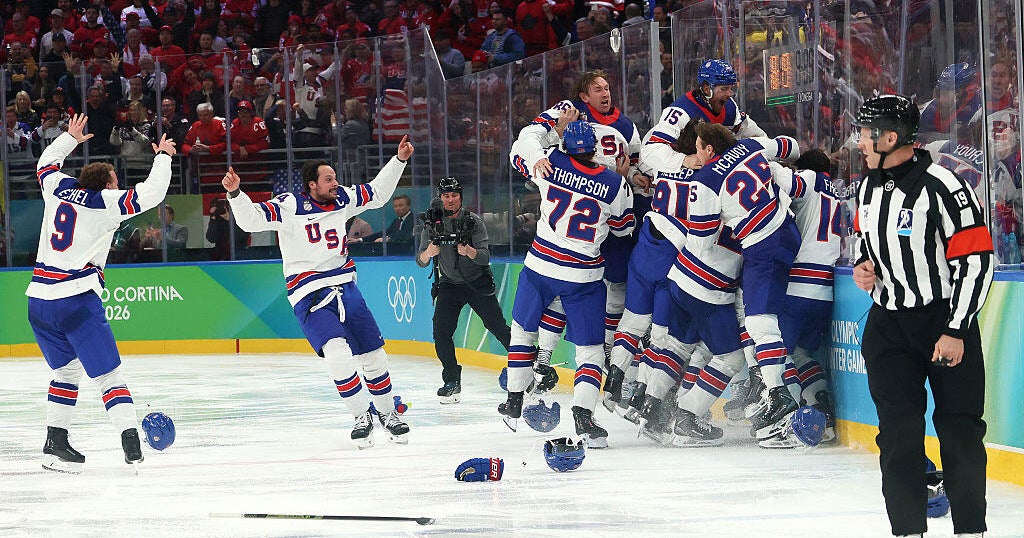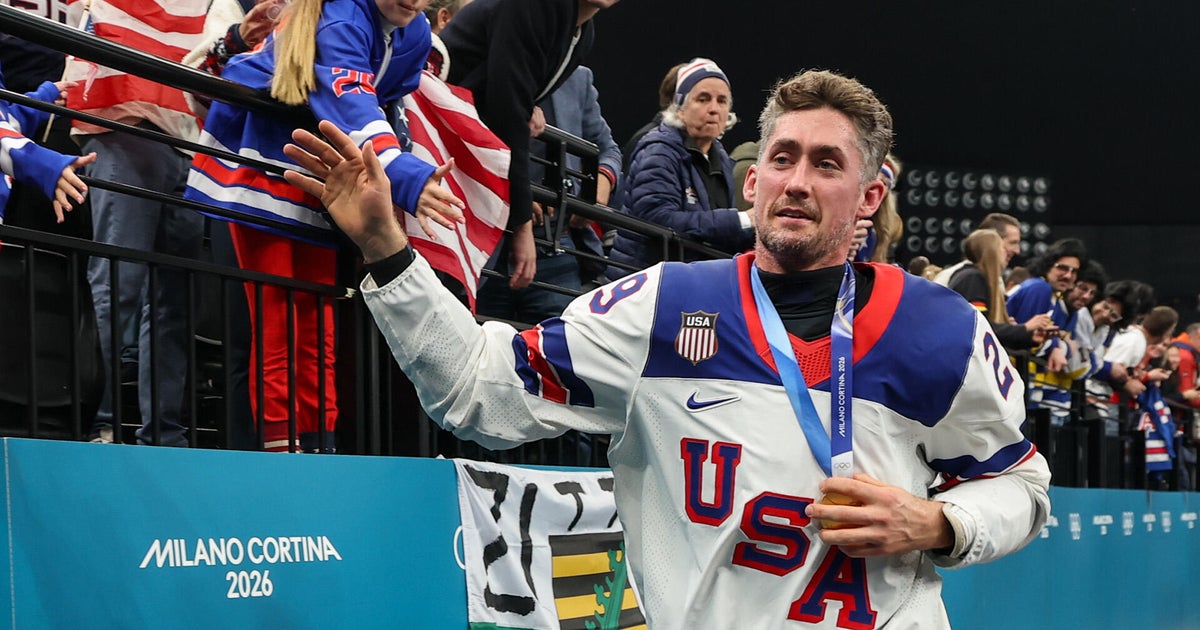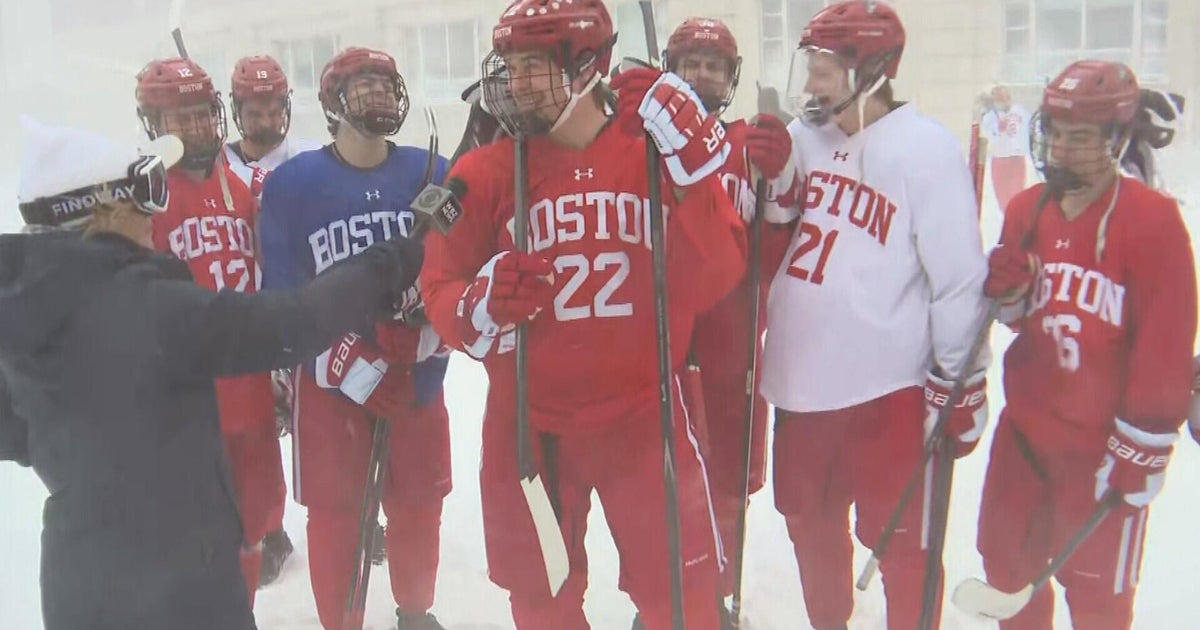35 Years Later, 'Miracle On Ice' Stands Test Of Time
Bryan Altman, CBS Local Sports
Do you believe in miracles? Al Michaels' words perfectly complemented what the world had just witnessed when the U.S. men's hockey team beat the seemingly unbeatable Soviet Union 35 years ago today. Most Americans who were alive to witness the feat remember exactly where they were and what they were doing when they heard that the U.S. had defeated the Soviet Union at the Olympics.
For the players themselves, the moment was life-defining as well. On the 35th anniversary of the amazing accomplishment all of the surviving members of the 1980 team gathered in Lake Placid for a "Relive The Miracle" reunion.
The game itself has become known as the "Miracle On Ice." and is widely considered to be one of the biggest upsets in sports history. Still, the word miracle implies more than a feat that was simple unlikely. A miracle is an impossibility, something greater than an anomaly and this particular miracle stands up to that litmus test. Here are a few reasons why the 1980 men's hockey team's victory is still in fact, a miracle.
Soviets Beat NHL All-Stars 6-0
One piece of the "miracle" story that is often mentioned is the fact that the Soviets beat the NHL All-Stars by a score of 6-0. That is the same Soviet team that lost to a team of American college players a year later.
The reason the Soviets were able to beat the NHL All-Stars is because the NHL players never really played together. The Soviet team had been playing together without many, if any, roster changes for years. The U.S. hockey team had only a few months to play together and play well enough together to beat the well-oiled Soviet machine.
Chemistry - Or Lack Thereof
Not only was the U.S. team younger and less-talented but they were also inexperienced when it came to Olympic hockey. Other than forward Buzz Schneider, who played for the team in 1976, every other player joined the 1980 team after tryouts in the summer of 1979. While some played on the same college team together, they were all forced to learn each others tendencies and playing styles within a few short months to get it all together, which in hockey or any other sport is difficult even for professional players. Not to mention the fact that the Soviet team had won the last four gold medals and their team had remained relatively intact.
Soviets Beat U.S. 10-3 In Exhibition
While the exhibition match between the U.S. and the U.S.S.R had no bearing on medals or seeding or anything related to the actual game two weeks later, the result of this game made it seem as though another Soviet gold medal were a fait accompli. With so little time in between games it's hard to imagine that the game didn't weight on the psyche of the Americans. Everyone already knew that the Russians were a behemoth of a hockey team and that it would take a Herculean effort to even compete with them and this game further reinforced that narrative.
Interestingly enough though, it seems as though it was the Soviet psyche that was damaged after the exhibition romp. Soviet coach Victor Tikhonov said after the Olympics that he believed that this victory caused the Soviets "to underestimate" the American team, perhaps giving the Americans the all-important mental edge
Miracle is a word that gets tossed around a lot but in the case of the 1980 team it's clear that miracle is the the appropriate term. Not only did the "Miracle On Ice" reinvigorate the sport of hockey in the U.S., but it is a day that will live in sports infamy forever.
More from Bryan? You can email him or find him on Twitter @bcaltman.







